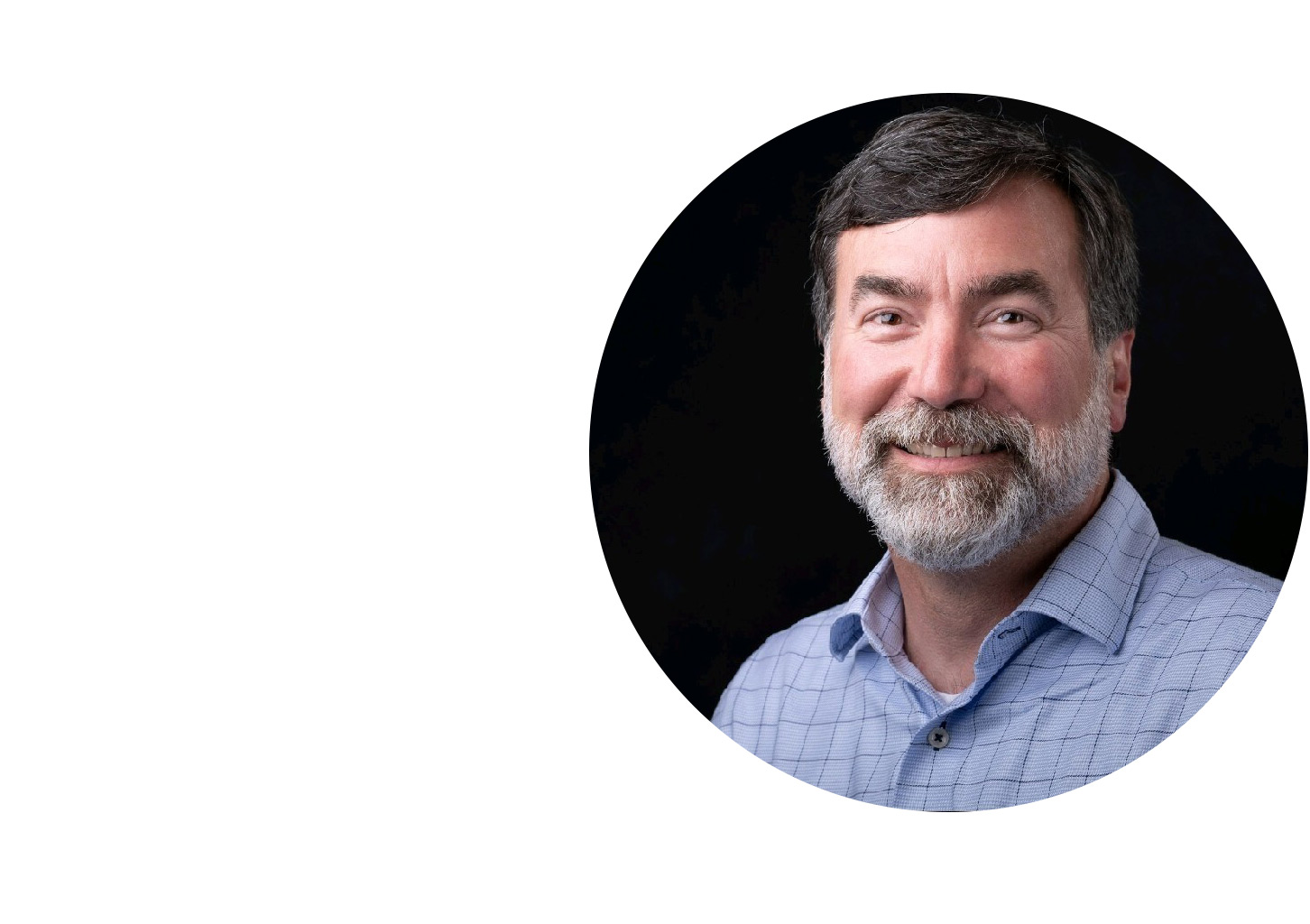
A growth mindset, which has always been important psychologically, is a critical factor in economic well-being, too.
For five decades, The Pacific Institute has been working with the most forward-thinking business and world leaders to teach them the importance of a workforce with an efficacious, growth mindset. The concepts taught by Lou Tice have worked their way into mainstream American business culture. A book called “The Power of Self-Esteem,” by psychologist Nathaniel Branden, pointed out that a workforce lacking confidence in its ability to think and cope with life’s challenges won’t be very productive or competitive in a demanding global environment.
Branden reminded supervisors and managers to help employees stretch by supporting training and workshops, and to tolerate mistakes as long as people learn from them. He also counseled listening to employees because they have something worthwhile to say and asking for their help as ways to stimulate new ideas. In doing this, you are building confidence by giving lots of sincere compliments and encouragement
What occurs, when this happens, is you are creating a workforce with a “growth” mindset, instead of a “fixed” mindset that fears change. Each individual, within the full spectrum of employees, is seeing each situation as an opportunity for growth. Change is sought, not feared. Personal development is vital, and not an afterthought. Personal development training for managers as well as for those they manage becomes a critical investment.
In the final analysis, it is difficult to have a workforce that is any more confident than the individuals who comprise it. Remember, it’s not the machine that shows up for work every day – it is a human being. Let’s give each worker, regardless of job responsibilities, every opportunity to know they are integral components in the organization’s success. As the old saying goes, “A rising tide floats all boats.”
Featured posts
May 16, 2023
May 16, 2023
May 16, 2023





